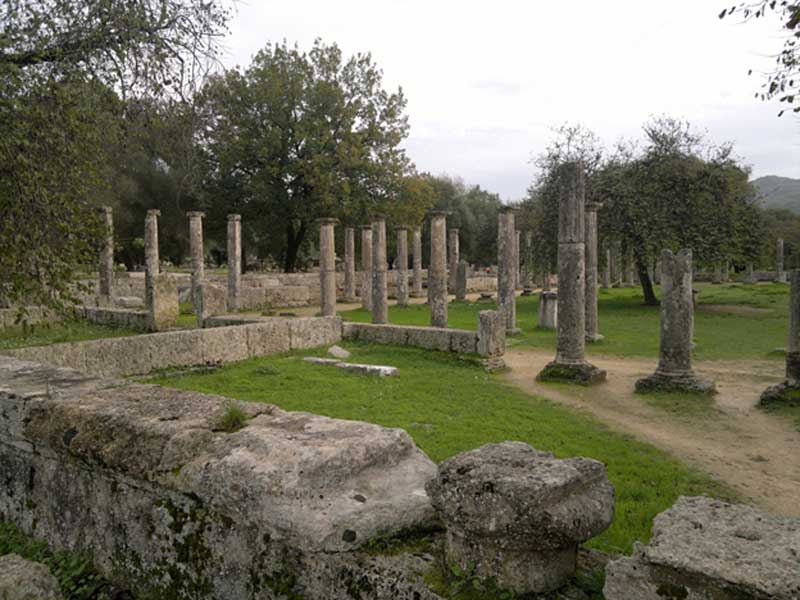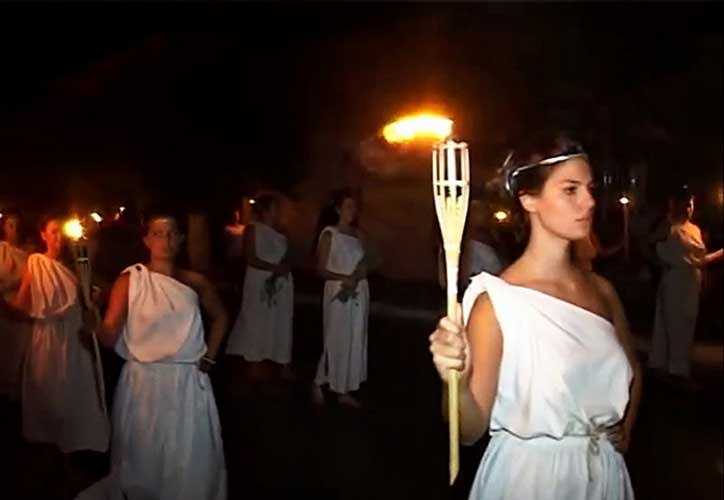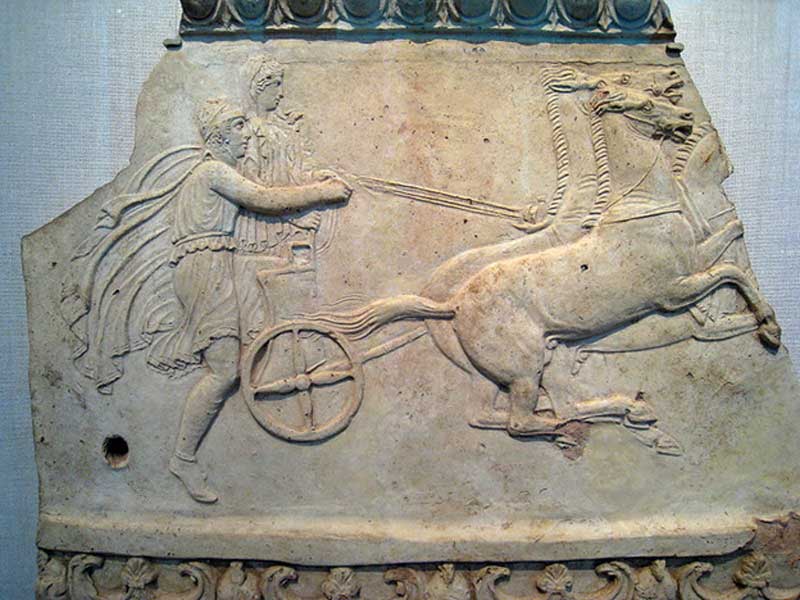
Worshipers, Rule-Breakers and Champions: Women and the Ancient Greek Olympics
One of the aspects of culture regarded as distinctive to the ancient Greeks was their pursuit of sport. Apart from its function as the act of worship to Zeus, athletic competition, particularly at the major Pan-Hellenic sites, was also a means for the ancient Greeks to promote and celebrate their ethic bonds. Historical records tend to give the approximate confirmation of the Olympic starting date as 776 BC, which would place the first Olympic as several decades before the use of the Greek alphabet and Homers Iliad. The Olympics took place every four years for more than a millennium.

Ancient Olympia, Greece. (CC BY-SA 2.0)
However, as important as this was to the Greeks, participation in the Olympics was open primarily to men and boys. In fact, one of the big themes of sport in ancient Greece was the separation of the genders and emphasizing the different traits between men and women. Women were discouraged to participate and extreme laws were in effect to stop married women from attending the Olympics. However, this did not stop the ladies from having their own athletic competitions, even competing against the men and winning.
Heraea: A Sporting Event in Worship of Hera Especially for Women
While there may have been societal pressures and divisions in sport due to gender that hindered a woman from engaging in athletic competitions, women in ancient Greece still did many physical activities, and they competed with each other – albeit not at the Olympics. Homer’s Odyssey and Xenophon’s Symposium describe women playing with balls, driving chariots, swimming, and wrestling and running.

Procession of young women with torches at the feast of Heraea in Pythagorion of Samos. (CC BY-SA 4.0)
Therefore, while the idea of a sporting event for women were not considered taboo, it was the idea of the women competing at the same level, manner and event as the men which posed difficulties. The celebration of the Heraea at Olympia, held to worship the goddess Hera, was the most renowned athletic festival in which women could compete to showcase their athletic abilities as well as gain respect and honor as an athlete – and even so, this celebration excluded the married women. Little is known about this festival other than what a 2 CE Greek traveler, Pausanias, tells us in his description of the Temple of Hera in the Sanctuary of Zeus. The festival was organized and supervised by a committee of sixteen women from the city of Ellis. Legend has it that out of gratitude to Hera for her marriage with Pelops, Hippodameia assembled sixteen women and inaugurated the Heraea.

Pelops and Hippodamia racing. (Public Domain)




